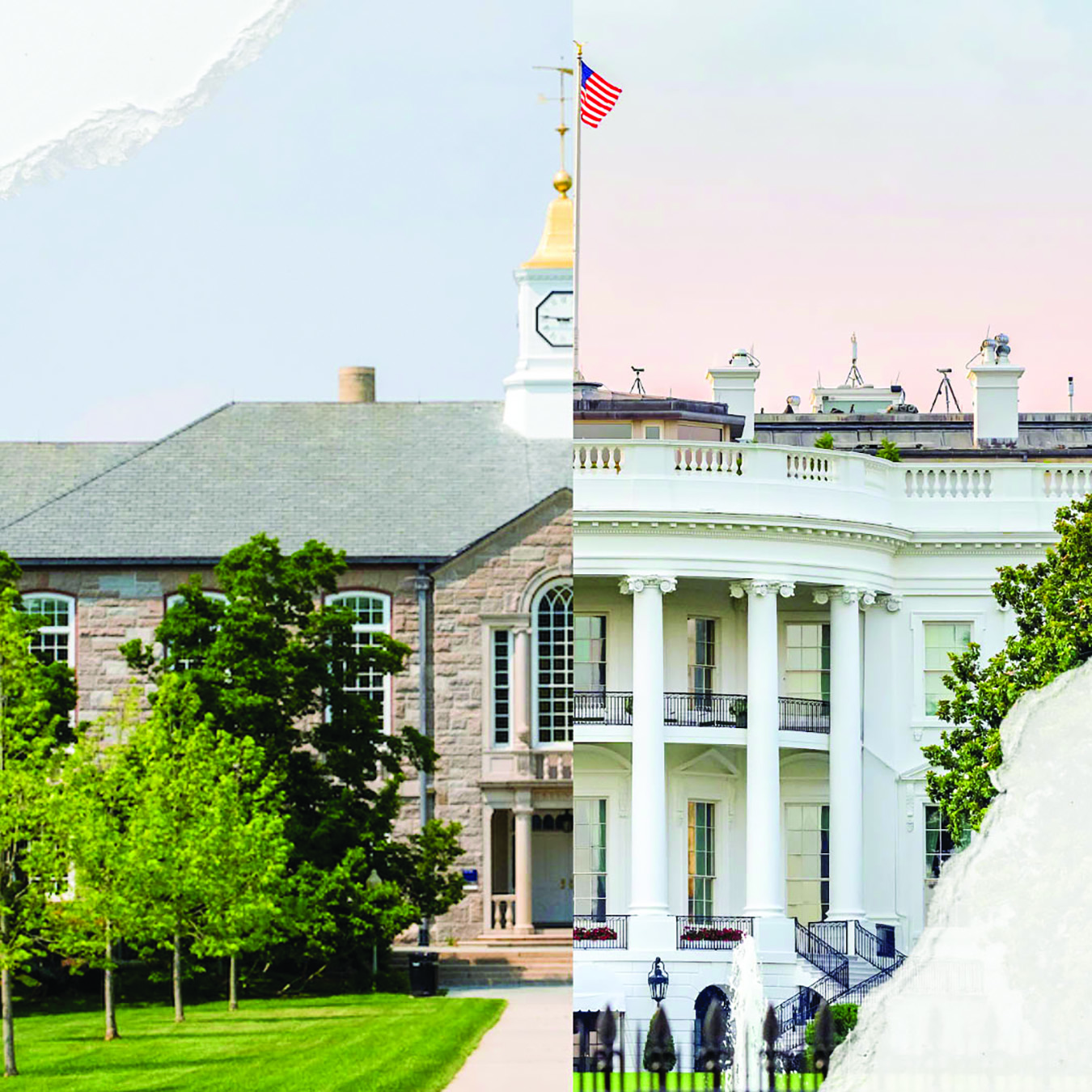The University of Rhode Island is under investigation by the United States Department of Education’s Office for Civil Rights in response to a complaint alleging that certain URI scholarships are in violation of the 14th Amendment.
The 14th Amendment states that “No State shall make or enforce any law which shall abridge the privileges or immunities of citizens of the United States; nor shall any State deprive any person of life, liberty, or property, without due process of law; nor deny to any person within its jurisdiction the equal protection of the laws,” according to the Constitution of the United States.
The Equal Protection Project, a conservative, non-profit advocacy organization, issued the complaint on Dec. 11, 2024, with the OCR beginning its investigation on Jan. 6. The complaint identified 51 scholarships that the EPP claims discriminate based on race and/or gender.
The university is still in the process of responding to the open investigation, according to Assistant Director of URI Communications Dawn Bergantino.
“The university works diligently to comply with the regulatory landscape, and we remain committed to our foundational values, including fostering an inclusive community and respect for the rights and dignity of all,” the university said in a statement about the investigation.
The targeted scholarships use wording that indicates only certain categories of students are eligible to apply, according to the EPP President William Jacobson.
Scholarships that allegedly violate Title VI are offered to “minority students,” according to the EPP’s official complaint, while Scholarships that allegedly violate Title IX are available to a “female student(s).”
The targeted scholarships include the Alumni of Color Network Scholars Fund, the Benson Scholarship Endowment and the Dublee Family Endowment Scholarship, all of which are intended for applicants of color. The Women Transforming Women Endowed Scholarship Fund, was also targeted as it is intended for female applicants.
“In our view, there is no meaningful doubt about the discriminatory nature of the scholarships because they’re right on the website and URI tells us exactly what the nature of the discrimination is,” Jacobson said.
Through this investigation, the EPP hopes the scholarships offered at URI will become available to all students, according to Jacobson. However, many of URI’s scholarships are from donors, and the university would need their permission to alter the conditions under which students can apply.
“Our goal here, as in all of our cases, is not to terminate the scholarships, but to open them up to everybody, to give everybody an equal shot at getting scholarships,” Jacobson said.
The Equal Protection Project has challenged 60 universities, including Indiana University and the University of Virginia, for similar instances of alleged discriminatory practices, according to Jacobson.
URI differs because of how many scholarships are involved in the investigation, according to Jacobson. While most universities that the EPP challenged only have three or four scholarships that they saw as violating the 14th Amendment, URI has over 50.
“Opening an investigation does not mean that OCR has made a final determination with regard to the merits,” the U.S. Department of Education wrote to URI, according to the university’s official statement.





